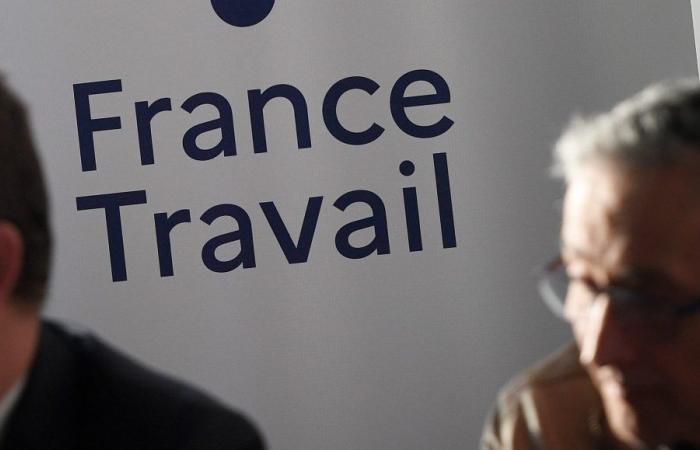Between the increase in the price of gas, a new reform of the DPE favorable to small areas or even the revaluation of unemployment benefits, some changes come into force from this Monday July 1st.
Gas: +11.7% for millions of French people
The average gas bill will increase by 11.7% for millions of French people, an annual increase of around 124 euros, which is mainly explained by the significant increase in the costs of maintaining and modernizing the gas network.
Unemployment a little better compensated
Unemployment insurance benefits will be increased by 1.2% on July 1. This increase “would concern approximately 2 million compensated job seekers” out of around 2.7 million in total, according to Unédic. Certain recipients of less than six months are not affected.
The rules governing unemployment insurance also expire on Monday, requiring a new decree that is long overdue. According to the outgoing government’s commitment, the rules in force must be extended for five months before being tightened from December 1: you would have to have worked 8 months out of the last 20 months to be eligible for compensation, compared to 6 months out of the last 24 months currently. For unemployed people under 57, the maximum duration of compensation would be reduced to 15 months. But a possible change in the majority could reshuffle the cards.
In the transparency section
From July 1, supermarkets will have to inform customers more explicitly if products sold are affected by “shrinkflation” practices, that is to say when products are sold in smaller quantities for an equivalent price. .
This practice, which is legal, makes the increase in prices less noticeable to consumers. Supermarkets believe that it should be up to agro-industrial manufacturers to take charge of this display, and specialists are doubtful, noting that quantity reductions are often accompanied by changes in revenue. The display of the price per litre or kilo, which highlights a price increase, is also already mandatory.
DPE is evolving
The method of calculating the energy performance diagnosis (DPE) of housing is changing for areas of less than 40 square meters.
According to the government, this corrects a “bias” that disadvantaged small areas. This change should allow 140,000 homes to move out of energy classes F and G, the worst, which should gradually be subject to rental bans.
Owners of the housing concerned can obtain a certificate with their new energy label on the website of the ecological transition agency (Ademe).
On-board “black box”
Several safety features reserved for high-end cars will become mandatory from July 7 for all new cars and vans sold in Europe, such as speed adaptors, lane keeping assist, radars or reversing cameras, attention loss warning and a “Black Box” on each vehicle.
Revitalize rural areas
The new “France Ruralités Revitalisation” zoning, which comes into force on July 1 to strengthen the attractiveness of rural areas, benefits 17,700 small municipalities. Companies that set up there will be able to benefit from exemptions from income tax, business property tax and property tax on built properties. This system is often cited by elected officials as a means of attracting medical and paramedical professions to rural areas.
Contribution for victims of attacks
The amount of the contribution to the Guarantee Fund for Victims of Acts of Terrorism and Other Offenses increases by 0.60 euros from July 1, to 6.50 euros per property insurance contract (car, home, etc.). This will increase the resources of the fund, intended to compensate victims of acts of terrorism, people injured, physically or psychologically, or the beneficiaries of deceased persons (spouse, children, parents, grandparents, grandchildren, brothers and sisters).






